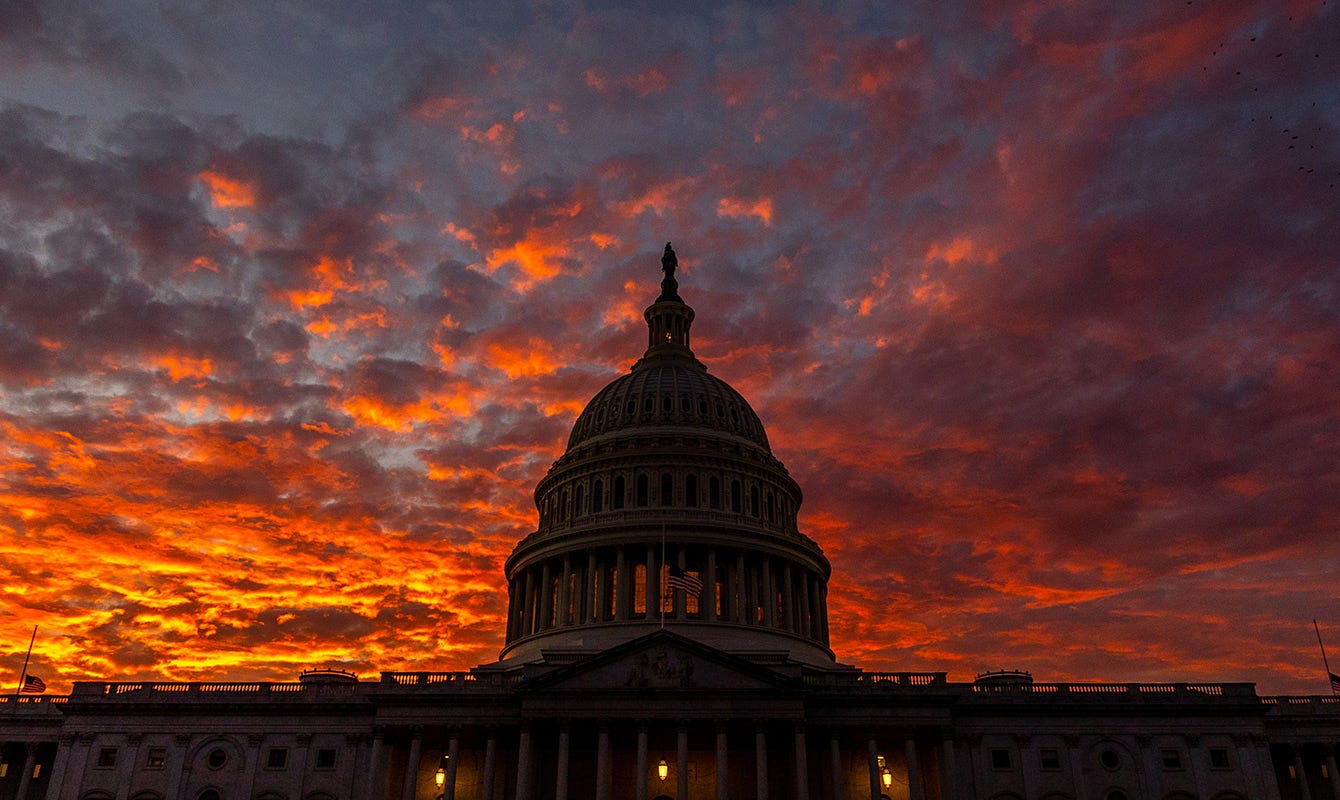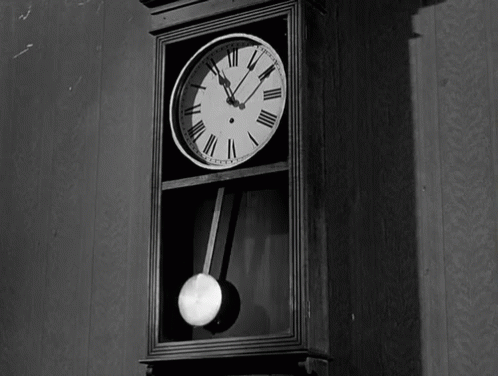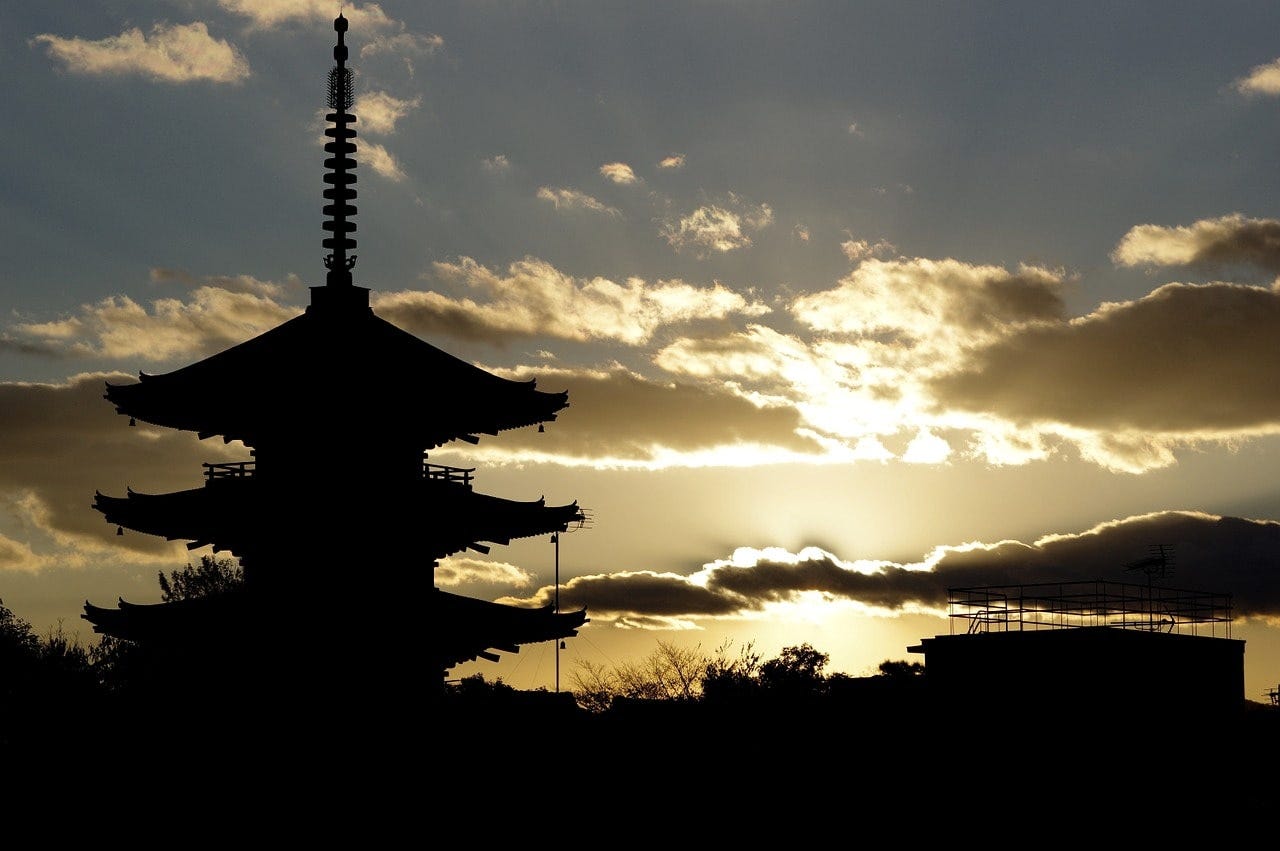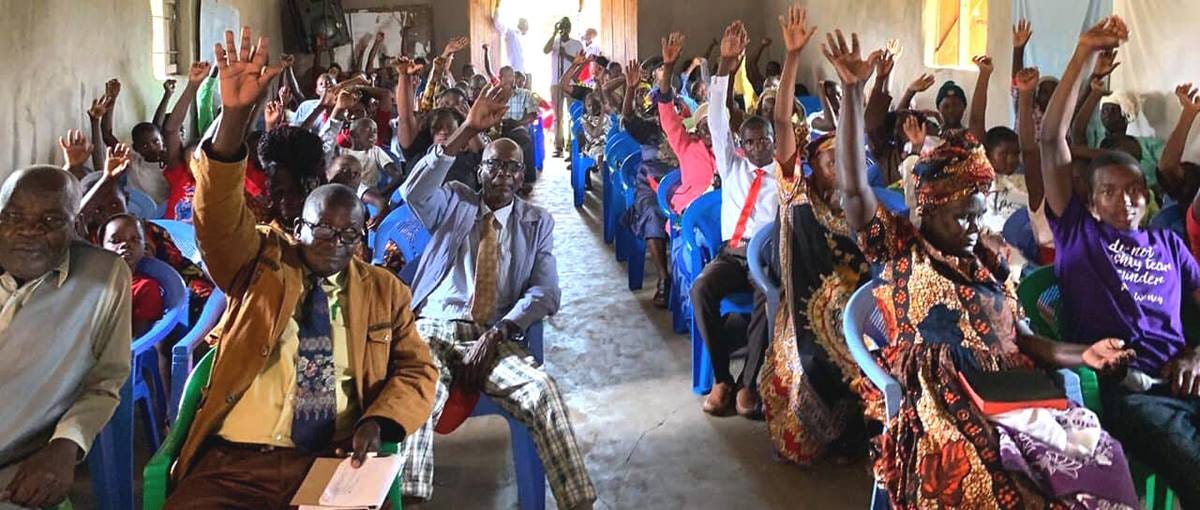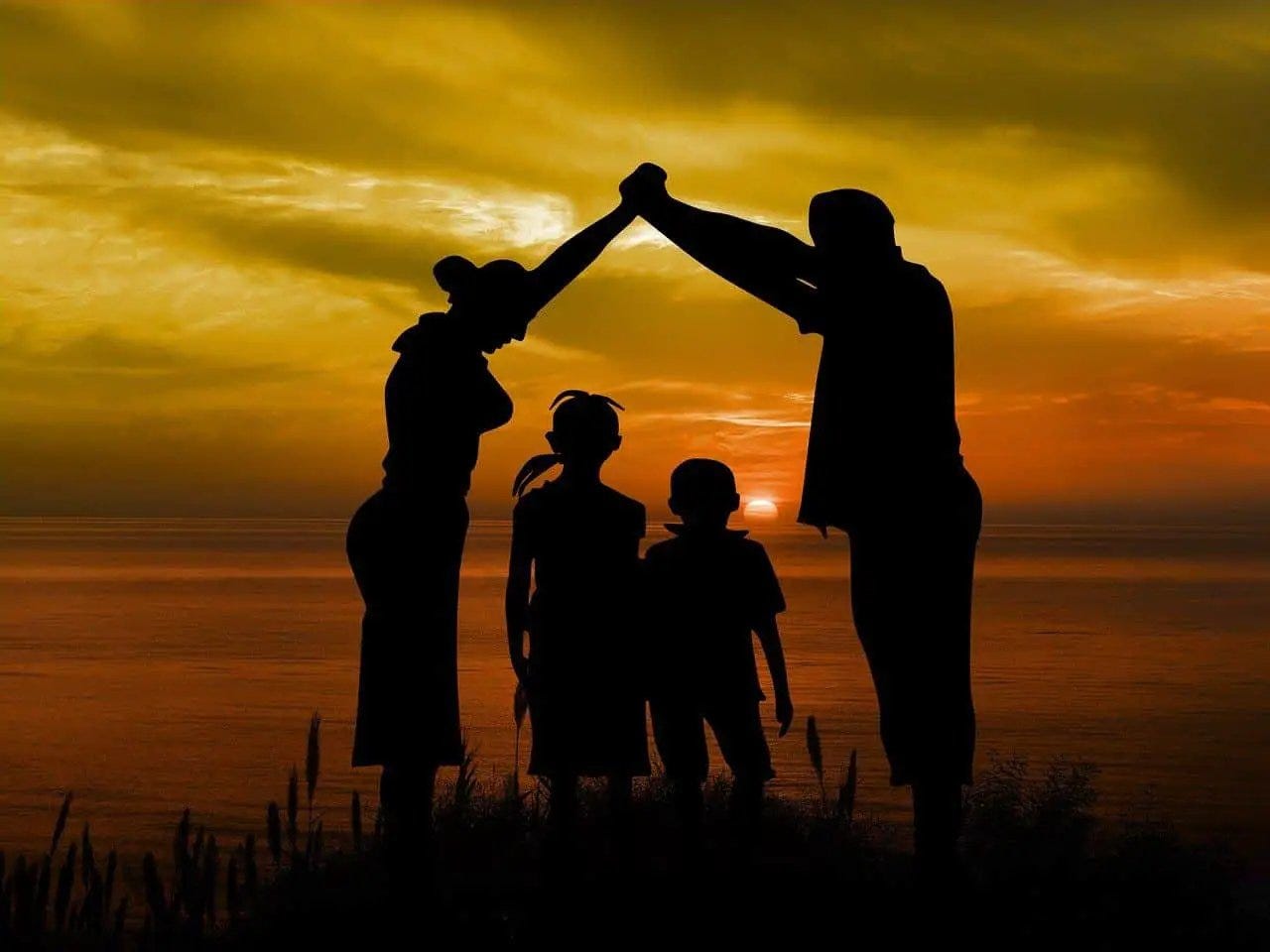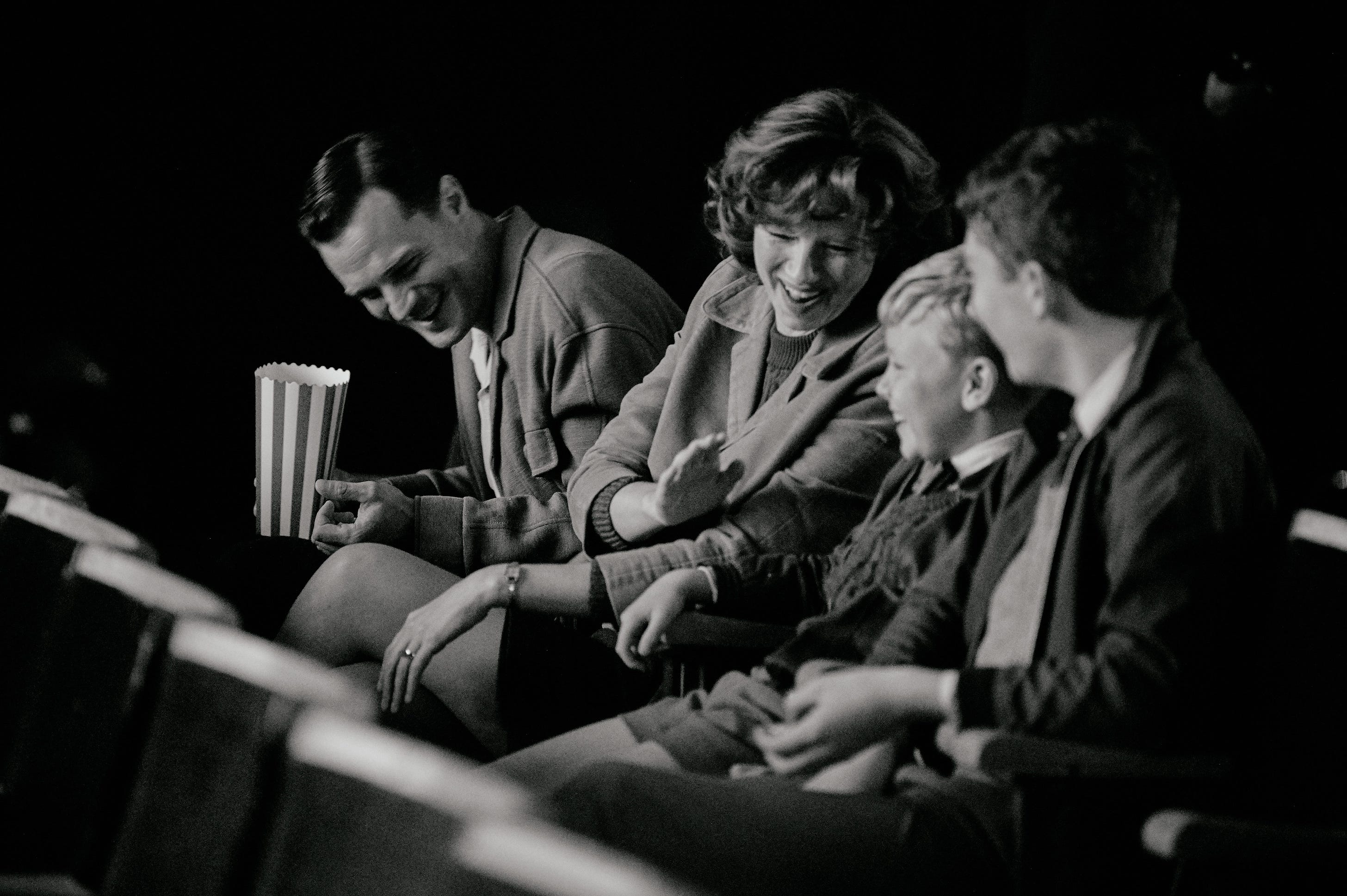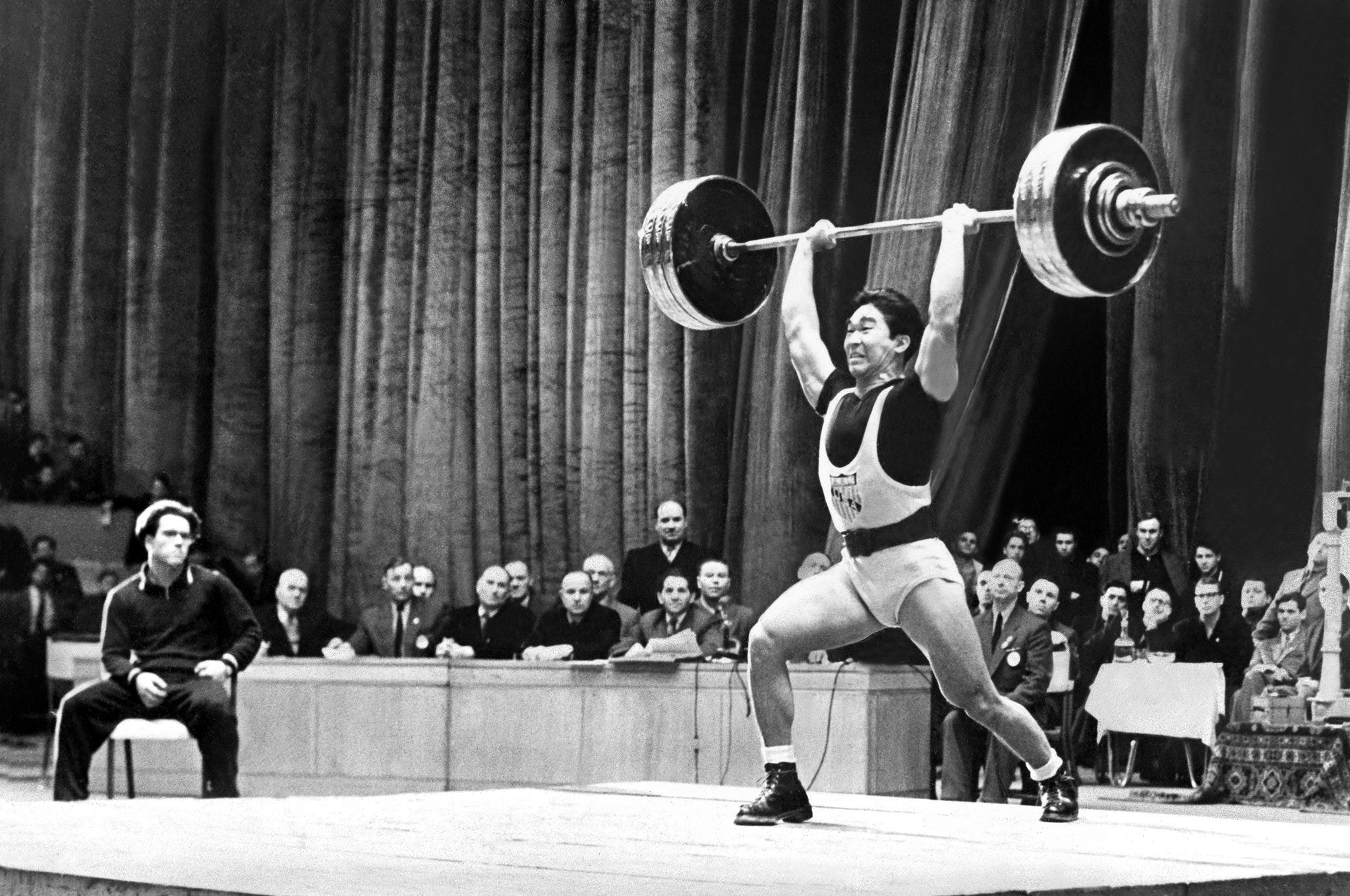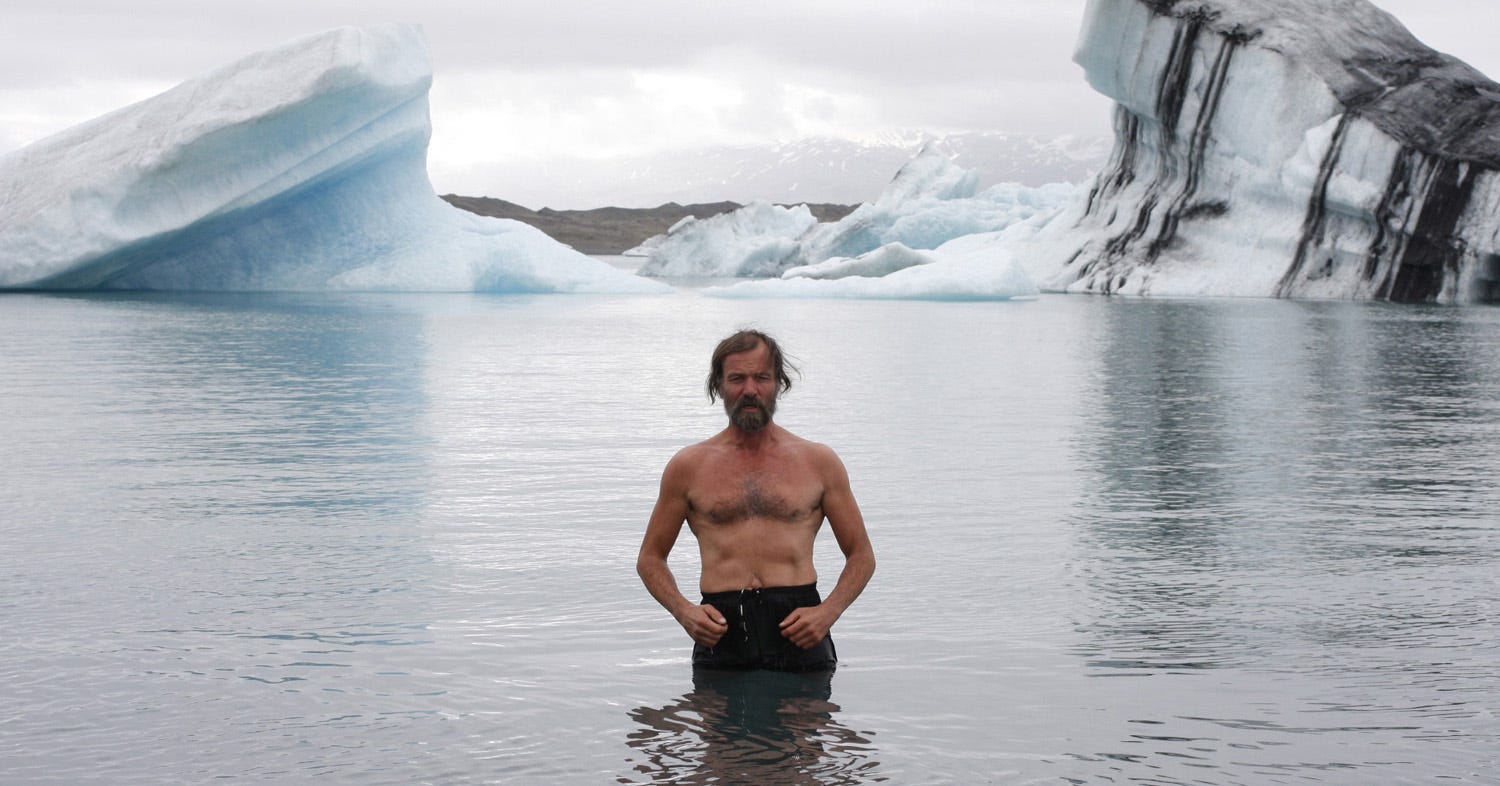Main Street Insiders - The Counterculture We Need: Part 2
Many people wrongly believe that politicians have the power to save us from the hard times ahead. As we continue to watch the United States descend into chaos, remember that politicians have less power to fix our problems than we'd like. Trump, DeSantis, RFK Jr., or anyone else will need a miracle to win the presidency in 2024. The deck is stacked against them. Not just the deep state but the electorate itself. Our society is structurally broken. We have far too many blue hairs with pronouns in their bio and 30-year-old gamer guys living in their parent's basement. It's ridiculous to expect a dysfunctional culture to produce competent leadership. You're going to have to take matters into your own hands. That means Choosing Freedom in every area of your life—our theme for 2023. In many cases, Choosing Freedom requires you to live counterculturally. Let's explore countercultural living in faith, family, and health. Part 1 RecapIn Part 1 of this series, I explored youth popular culture and countercultural trends that may provide a glimmer of hope. Young people often live counterculturally to rebel against their parents. As they grow up, those countercultural trademarks become the established popular culture. For example, look at how the perception of rock & roll transitioned from rebellious to classic over the decades. Freedom starts with your finances, so I first examined how young people spend, earn, and invest their money. Then I investigated how they spend their time. Social media has a massive impact on both. Young people spend large amounts of their time on addictive platforms that collect their information at the expense of their mental health. Those platforms use their information to sell targeted ads and encourage consumption. While there is a strong movement of young people who embrace hard work and financial discipline, they lack a comprehensive worldview or objective. What's the point of financial freedom if you don't have something meaningful to spend it on? And is it worth it if you have to sacrifice your soul to get there? It's much more important to understand the impact you want to have and use your finances as a tool to achieve it. I'm not talking about just making a bunch of money and donating it, but also how you make your money. We need to see a stronger counterculture in both finances and social media. Check out Part 1 if you haven't already. FaithThe way you spend your time and money reveals your priorities. Whether you realize it or not, your priorities reflect your worldview or personal philosophy. Everyone has a religion. Everyone worships something they consider higher than humans. And everyone develops a set of values, religious practices, and an understanding of their purpose. It's human nature. Even atheist "intellectual" types have a God. They value science and learning. Their religious practices include higher education, reading, and intellectual discussion. Their religious authorities are professors or "experts" in a given field, and their personal philosophy is a misplaced confidence in human agency. They might think they don't believe in God, but the evolution of the human race and the elusive "pursuit of knowledge" has become their new higher power. Millions of these types outed themselves during COVID, as they willingly complied with authoritarian lockdown measures and took experimental medical treatments because that's what the "authorities" told them to do, even though the mandates weren't objectively backed by science. They think that they're objective and scientific. But they're actually beholden to a strict religious hierarchy. That's why people defended COVID restrictions. They had to protect their religion. Many people aren't atheists. They just don't know or care enough about religion to give it a place in their lives. 29% of US adults are unaffiliated with a religious group (these people are also called "nones"). Without a greater understanding of their purpose and place in the universe, their everyday lives become their religion. Some take a short-term mindset, aiming to maximize immediate comfort and convenience. Others take a long-term perspective, aiming to increase material success and achievement. While their objectives may be wholesome, they're missing a higher calling. They've found their "what," but they don't understand their "why." Lots of people fill their "why" with shallow concepts of "social justice" and "making the world a better place." This is another religion. The pronouns in the bio. The social media posts apologizing for "white privilege." The ridiculous awards show speeches. The pride t-shirts and pins on backpacks and work uniforms. These are all signs of devotion. It reminds me of how the medieval Catholic church forced peasants to pay indulgences to forgive their sins. There's nothing logical about the social justice religion. It's a fairy tale cult. The social justice religion's followers might believe they're fighting the power, but they're just aiding the elites. The regime uses cultural issues to drive a wedge between the producing class. And they use their perverted moral code to distinguish the sheep from everyone else. If you're willing to spend tens of thousands of dollars to mutilate your child's body because social media said it was right...what else are you willing to do? When you follow the money, the elites are the only winners. The mainstream narrative is that America is becoming more secular and abandoning religion with each passing generation. But the rise of religious "nones" has stagnated over the last six years. And a Pew Research study conducted in 2018 found that "nones" in the US are still much more likely to pray and believe in God than "nones" in Western Europe. In reality, younger generations are very spiritual. They're simply choosing to divorce spiritual practices from religious traditions. Instead, they're mixing and matching spiritual practices and religious beliefs to their liking. Members of Gen Z are the most likely to be unaffiliated with a major religion due to a lack of religious experiences during their formative years, yet 71% of young people consider themselves religious, and 78% of young people consider themselves spiritual. Those who are very religious are twice as likely to say that their lives feel valuable and worthwhile than those who aren't. Younger people are also the most likely to experiment with less traditional forms of spirituality. For example, 53% of young people engage with art as a spiritual practice, and 40% engage with yoga or martial arts as a spiritual practice. Research proves that spiritual practices provide tremendous value. Take mindfulness for example—a psychological state of awareness. It includes being present and living in the moment without judgment or worry. Studies have shown that mindfulness produces tremendous mental benefits, including improved working memory, reduced stress, increased focus, greater emotional control, and boosted immune system. Meditation is mindfulness' close cousin. It's a more disciplined form of focusing your mind and clearing your thoughts. Meditation has a rich history spanning hundreds of cultures dating thousands of years. It provides many of the same benefits as mindfulness to an enhanced degree. Lastly, studies have proven that gratitude provides tremendous benefits. It's as simple as actively affirming the good in your life. Expressing gratitude releases dopamine and serotonin, hormones that regulate our mood and make us feel good, and can have the same effect as antidepressant medications. We rarely discuss our religious beliefs at Main Street Insiders, but Jeff and I are unashamed to share that we're Christian. That's why we're not surprised that young people are finding tremendous blessings in their religious beliefs. However, we also believe their spirituality can only take them so far when separated from the Christian tradition. Without it, their spiritual journey is limited by their human nature. And if we know anything about human nature, it's that we're naturally flawed. So why let a flawed mind dictate the health of their soul? By contrast, Christianity is grounded in an unchanging higher power and natural order. Many people have trouble placing their faith in God because they can't physically see and interact with Him. But believing in God makes the most logical sense. First, without going too far down the theological rabbit hole, it's undeniable that God is real. Not an old guy with a beard in the sky, but a higher power that we can't fully comprehend. How else can you explain this extraordinary and intricate world? Or why every human internally longs for "something greater." Second, contrary to popular opinion, all evidence verifies that Jesus was real, and so is the Bible. Third, God is present in the world today. And our human experiences are a testament to God's unconditional love. In fact, the Bible encouraged spiritual practices thousands of years before they became popular on social media. “Therefore do not worry about tomorrow, for tomorrow will worry about itself. Each day has enough trouble of its own.” - Matthew 6:34 “May these words of my mouth and this meditation of my heart be pleasing in your sight, LORD, my Rock and my Redeemer.” - Psalms 19:14 “Rejoice always, pray without ceasing, give thanks in all circumstances; for this is the will of God in Christ Jesus for you” - 1 Thessalonians 5:16-18 Don't those verses sound like mindfulness, meditation, and gratitude? These practices are gifts from God that demonstrate His unconditional love on a daily basis. Many people misunderstand Christianity because they've had bad interactions with Christians. They're missing the beautiful and loving God who's so much bigger than human flaws. Many of the same progressives who advocate for a more secular culture also champion the demographic trend toward a more ethnically diverse population. The United State's high rate of immigration continues to drive ethnic diversity, as most US immigrants come from the Global South. Yet Christianity in the Global South is accelerating at an astronomical rate. For example, Christianity is growing by 2.76% annually in Africa and 1.62% in Asia compared to 0.29% in North America and 0.04% in Europe. While immigrants from these countries may practice culturally different brands of Christianity, their faith is grounded in the same theological principles. There is no path to saving America without a religious revival. In Part 1, I mentioned that history moves in patterns. Here's another one: suffering is not far behind when a civilization turns away from God. I'm disappointed with the decline of Christianity in American youth. But I see so many young people searching for spiritual fulfillment. I'm confident they will find it in Christianity with the right guidance. Of all the areas we’ve covered, I have the most hope for a countercultural movement of faith. FamilyIn Part 1, I also discussed how younger generations are less likely to have kids. It's primarily a financial decision. Many young people would rather spend their money on themselves. As a result, fertility rates are declining at an increasing rate. Millennials are less likely to have started a family than their predecessors at the same stage of their lives. All signs point to Gen Z accelerating the trend. You might have noticed a trend throughout this series: individualism dominates American youth. That's why they care so much about financial freedom, trying to express themselves on social media, and discovering their spirituality. It's also the primary reason Gen Z is having fewer children. I will discuss the US demographic collapse and its economic impact in a later article. However, declining birth rates will have a profound social impact as well. Children are a beacon of innocence. They bring joy, energy, and laughter to their families. Even the most hardened men have a soft spot for their children. What are the consequences of a world with fewer kids and fewer families? Society will become more oriented toward adults. Many of these adults are single too, with fewer millennials and Zoomers embracing marriage (only 29% of 18-to-34-year-olds were married as of 2018 compared to 59% in 1978). Marketers follow the money. So they'll cater popular media and recreation to adults without kids. Notice how sports betting has taken over broadcasts? It tells us a lot about how the leagues view their target market. They used to be family events. Now they revolve around adults. I once spoke with an Uber driver in Charlotte who moved his family from Las Vegas because it wasn't a family-friendly city. Our society is becoming Las Vegas as the list of kid-friendly spaces dwindles. We can't blame it all on millennials and Gen Z having fewer kids. Technology has given children unprecedented access to graphic content. For example, many of my peers were exposed to online videos of gruesome murders, torture, or worse, as children or adolescents. With smartphones, children are just a few clicks away from explicit content. All it takes is a little curiosity or social pressure. Conscious parents will have a harder time shielding their children from an increasingly adult society. I had difficulty finding data on a pro-family counterculture (if you've seen any studies, feel free to message me on Twitter). Anecdotally, we know quite a few couples who've chosen to have large families, often for religious reasons. However, having children benefits the parents as well. A study by BYU in 2010 found that having children may lower your blood pressure. And beyond the health benefits, children bring innocence, laughter, and joy to a household. They push parents to become better people, carry on the family name, and leave a legacy after their parents are gone. Families are the fundamental unit of a thriving civilization. That's why the regime is trying to destroy families. And that's why one of the best ways to rebel is to start a family and raise your children to live counterculturally. “Be a rebel. Start a family” - Jack Posobiec HealthThe United States has a health problem. We're the wealthiest country in the world, and we spend by far the most on healthcare. But according to the Bloomberg Healthiest Country Index, we're only the thirty-fifth healthiest country. Our life expectancy is significantly lower than the rest of the developed world. 42.4% of Americans are obese, and another 30.7% are overweight. Six in ten US adults have a chronic disease, and four in ten US adults have two or more. I've identified three reasons: an unhealthy diet, a sedentary lifestyle, and substance abuse. The first one should be obvious. The American diet is poisoning our bodies. For most of human history, we had to work for our food. But for the past 50 years, we now have more food than we know what to do with. So we eat way too much of it. The average American eats over 3,600 calories daily, up from 2,880 in 1961. By comparison, the Department of Health and Human Services recommends 1,600-2,400 for women and 2,000-3,000 for men. Of course, everyone is different, and actual caloric needs will vary based on metabolism, body composition, diet, and other factors. However, it's safe to say the majority of Americans are overeating. Eating out is partially to blame. Over half of Americans eat out, get takeout, or have food delivered at least 2-3 times per week. And Americans consume half of their calories away from home. Restaurant meals are higher in calories than meals prepared at home. Plus, a study conducted by researchers at Tufts University found that eating out with higher frequency correlates to increased body fat. Fast food is particularly damaging. Fast food items are usually highly processed and contain high amounts of sodium, added sugar, and unhealthy fats. Over one-third of Americans eat fast food daily. That rises to almost half for Americans ages 20-39. Interestingly, millennials are the most likely to eat home-cooked meals, so the increase in fast food consumption is driven almost entirely by Gen Z. Unsurprisingly, 56% of Americans ages 18-25 are overweight or obese, compared to 24% four decades ago. Even at home, the American diet has become significantly less healthy. The average American consumes 689 calories daily from vegetable oil, compared to 289 in 1961. They receive 42% of their daily calories from refined carbs. Lastly, they consume 38 gallons of soft drinks a year, with over half drinking multiple a week. Ironically, 75% of Americans say they eat healthy. At the same time food became abundant, we transitioned from a primarily active to a primarily sedentary workday. For most of human history, we worked with our bodies. Hunting. Fishing. Farming. Fighting. Building. Even during the industrial revolution, we spent most of the day on our feet or operating machines. But in the last 50 years, the growth of the knowledge economy has driven more workers into the office. John Hopkins says less than 20% of full-time jobs are still physically active. The other 80% of full-time employees work at desks. Then they often go home and sit for a few more hours. Physical inactivity can lead to obesity, heart disease, cancer, and type 2 diabetes. Exercise can counteract the effects of sitting for long periods, yet 25% of the US population is inactive outside of work. They don't even walk or garden! Meanwhile, only 20.6% of Americans reach the Department of Health and Human Services' weekly activity recommendation (which is less than half the optimal level). Lastly, increased substance abuse has become the biggest driver of premature death. As of 2017, the United States held only 4% of the world's population but accounted for 27% of its overdose deaths. The US share of overdose deaths has increased since the COVID-19 pandemic, and total deaths are rising at an astronomical rate, up to nearly 110,000 in 2022. Opioids, including fentanyl, cause the majority of drug overdose fatalities. Young Americans are leading the way—8.33% of Americans ages 12-17 reported using drugs in the last month. Drug overdoses are now the leading cause of death for Americans ages 18-45. In California, fentanyl overdoses are behind one in five deaths for ages 15-24 and kill more than twice as many young people as car accidents. Authorities seized enough fentanyl in 2022 to kill all of North America twice over. Most of it originates in China. We're clearly in a health crisis. And no, the government is not going to fix it. They certainly could by taxing unhealthy foods to subsidize healthy ones or going after international drug trafficking organizations. But they're not going to. The corruption runs too deep. At best, the elites are complicit in our health crisis. At worst, they caused it intentionally. Look at how they're using the body positivity movement to normalize obesity. It's a coordinated effort between social media platforms and entertainment companies to promote obese actors and celebrities. And notice how it seems like every commercial features someone morbidly obese? The regime has two goals. First, they're encouraging obesity because an unhealthy population is easier to control. Second, they know that beauty is one of the fundamental building blocks of culture. So they're cramming ugliness down our throats to disfigure our cultural perception of beauty. The only way to solve the crisis is through a countercultural health movement. It starts with our youth. Gen Z has come of age during a health and wellness boom. They're far more aware of healthy practices, and 72% of Gen Z view diet as crucial to their health. But greater awareness has yet to produce results. Health requires discipline. Gen Z is high on individualism and instant gratification but lacking in discipline. Once again, finding data on a countercultural health movement in Gen Z was difficult. I have personally experienced a thriving counterculture of young people who care about their health and fitness. But my perception is skewed because I surround myself with people who care about health. However, I look at the success of podcasts like JRE and Huberman Lab as evidence that people are committed to maximizing their physical and mental fitness. Further, I look at the widespread acceptance of biohacking techniques and unconventional treatments like TRT as proof that people are taking more effort to understand their bodies and increase their performance. As the left delves further into insanity (like the AMA labeling BMI "racist"), I project that the overlap between the fitness community and the rebellion will continue to grow. Health is fundamentally grounded in reality. It doesn't matter how fit you think you are. It matters how fit you actually are. Accepting reality, whether it's financial, spiritual, or physical, is increasingly countercultural. ConclusionHopefully this series sheds some light on societal trends. The counterculture will eventually emerge, and the pendulum will swing back the other way. But it's not going to happen by itself. The counterculture comes up short in many areas, and it's up to us to give it the push it needs. Most normal people won't make a change, including many of your friends. That's not the point. You're the counterculture. The rebellion. The light in our degenerate society. You read this newsletter because you've Chosen Freedom. You are a force multiplier. Step one is making these changes yourself. Step two is recruiting more warriors for the cause. So encourage your friends and family to start living counterculturally. This is the way. God bless and God bless America, - Luke Perlot |
Older messages
Invite Your Friends To Read Main Street Insiders
Friday, June 23, 2023
And Earn Free Subscriptions!
The Counterculture We Need: Part 1
Monday, June 12, 2023
When Will The Pendulum Swing In Our Favor?
Klaus and Me
Wednesday, May 17, 2023
The Story of a Rebel and his ChatGPT
You Get What You Pay For
Wednesday, April 26, 2023
How The Elites Are Simply a Reflection of US
Main Street Insiders Is Now Paid!
Saturday, April 8, 2023
And For All Our Supporters, Here's Our Gift To You...
You Might Also Like
I interviewed THE largest Amazon Seller [Roundup]
Monday, March 3, 2025
Need funding for your Canadian Amazon business? Not sure if you should use a Canadian corporation or US LLC to form your company? We'll cover these questions and more in our Start and Grow Your FBA
The state of data-driven decision-making for CPG brands
Monday, March 3, 2025
How marketers use purchase insights to maximize campaign performance
Facebook updates, TikTok ROI, Instagram format matches, and more
Monday, March 3, 2025
Today's Guide to the Marketing Jungle from Social Media Examiner... presented by social-media-marketing-world-logo New week, fresh insights, Reader! Stay sharp with the latest updates on AI, social
Are you losing revenue to rivals?
Monday, March 3, 2025
This is a challenge that costs businesses millions every year: Their customers are switching to competitors for various reasons... even though most of them could easily be fixed. On Tuesday, March 4,
DeepSeek’s 545% Profit Claim
Monday, March 3, 2025
PLUS: Siri 2027?!
Insurtech VC resets, readies for growth
Monday, March 3, 2025
Europe's share of regional IPOs sinks; the agtech revolution is now; hope flares for natural gas deals Read online | Don't want to receive these emails? Manage your subscription. Log in The
What I Think About The Crypto Strategic Reserve
Monday, March 3, 2025
Listen now (8 mins) | To investors, ͏ ͏ ͏ ͏ ͏ ͏ ͏ ͏ ͏ ͏ ͏ ͏ ͏ ͏ ͏ ͏ ͏ ͏ ͏ ͏ ͏ ͏ ͏ ͏ ͏ ͏ ͏ ͏ ͏ ͏ ͏ ͏ ͏ ͏ ͏ ͏ ͏ ͏ ͏ ͏ ͏ ͏ ͏ ͏ ͏ ͏ ͏ ͏ ͏ ͏ ͏ ͏ ͏ ͏ ͏ ͏ ͏ ͏ ͏ ͏ ͏ ͏ ͏ ͏ ͏ ͏ ͏ ͏ ͏ ͏ ͏ ͏ ͏ ͏ ͏ ͏ ͏ ͏ ͏ ͏ ͏ ͏ ͏
$92K BTC After Trump’s Crypto Call, MARBLEX Invests $20M—WOOF Ups the Game!
Monday, March 3, 2025
PlayToEarn Newsletter #262 - Your weekly web3 gaming news
Outperform AI
Monday, March 3, 2025
Computer jockeys everywhere are having their job security threatened by AI. To delay the machine takeover, create an AI-proof side hustle or business.
The One Question Jeff Bezos Says You Should Be Asking
Monday, March 3, 2025
“When you have something that you know is true, even over the long term, you can afford to put a lot of energy into it.”

